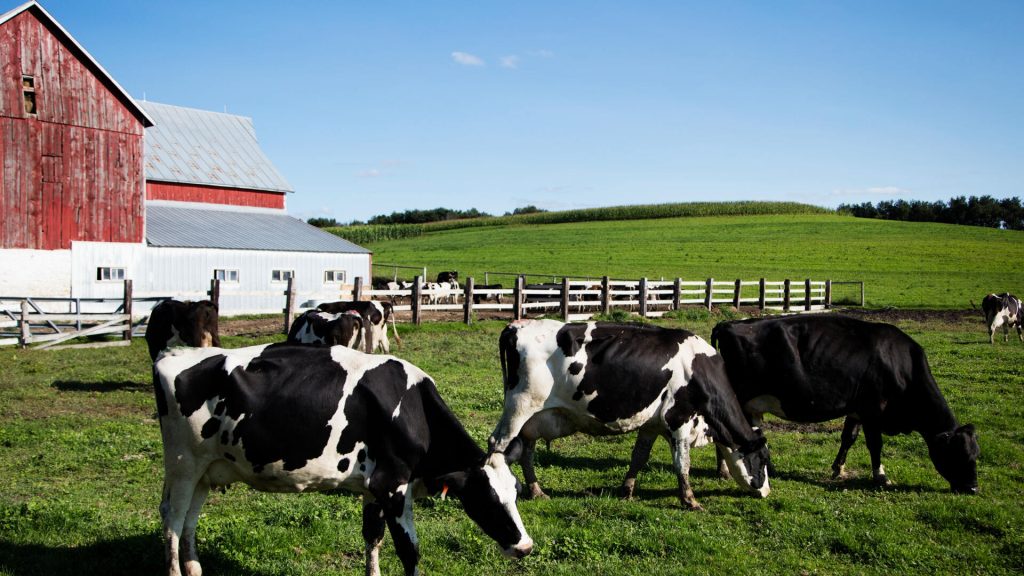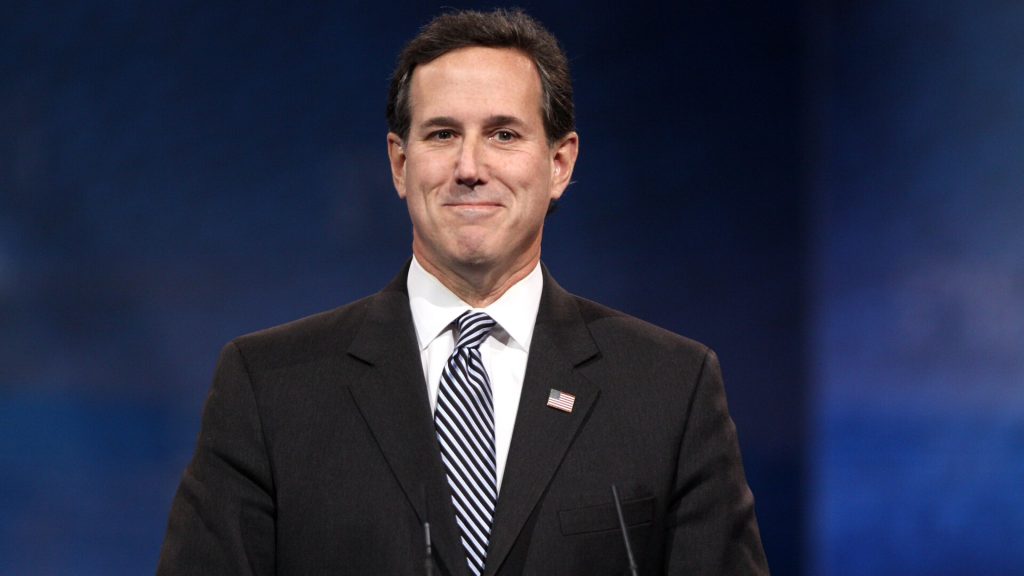A proposed constitutional amendment by Republican Representative Thomas Massie could fundamentally change how Americans eat. This amendment, if passed, would mean that certain food products will not be regulated at the national level in turn potentially altering the country’s food manufacturing and consumption trends.
The Amendment Proposed By Massie
The proposition made by Representative Massie reads as follows: “The right of the people to grow food and to purchase food from the source of their choice shall not be infringed, and Congress shall make no law regulating the production and distribution of food products which do not move across state lines”.

This amendment must be passed with a two-thirds vote in both Houses of Congress followed by ratification by three-fourths of all State legislatures.
Consumers Right To Choose
This amendment emphasizes every citizen’s right to cultivate or buy products from wherever it suits them most. It has been argued that this might enable consumers to know more about their foods.

The idea of access to support is known as a human right under the UN’s Universal Declaration on Human Rights which was issued back in 1948. However, this idea never belonged to mainstream America before. In the United Nations committee draft language that stated food was a human right, only two countries-Israel and the United States-voted against it in 2011.
The Impact on Raw Milk Products
Another key feature brought by this amendment would be selling raw milk products across state boundaries. One possible implication for dairy farmers and enthusiasts lies in the creation of new markets for these commodities. Under current federal laws milk crossing state lines must undergo pasteurization.

However, this rule may be challenged by an amendment like this one with direct effects on increasing raw milk consumption rates. Let us not forget though that eating unpasteurized milk has been associated with instances of food poisoning and so forth which could result from rising numbers of its consumers.
Implications for Federal Regulation
Over time, federal regulations have increasingly affected farmers and ranchers everywhere in America. With regard to how we eat as well as safety standards in place today, the proposed amendment would potentially alter what roles federal agencies assume.

The FDA has been slow to incorporate scientific data on the impact of exposures especially at low levels and during susceptible developmental stages.
Potential Benefits The Amendment May Bring
By improving consumer options, supporting local farmers, and encouraging sustainable agriculture this clause could be instrumental in achieving such goals alongside others. It safeguards individual states and strengthens federalism.

There is a tradition of recognizing states’ rights in America, and this condition helps maintain it. For example, the amendment process requires several institutions to agree cross-party. Thus short-term or irrational thinking cannot enter into the Constitution.
Possible Concerns Of The Amendment
The amendment procedure contradicts majoritarian democracy. Only thirteen out of fifty states are needed to defeat an amendment attempt. 13 smaller states could defeat a proposal for an amendment (though that would be unlikely).

The last word should not remain with the Supreme Court because entrenchment gives these nine judges too much power over issues like institutional power or human rights.
Public Reaction Shows A Mixed Response
Public reaction has shown mixed opinions about the change with some praising it as more freedom while many have fears concerning potential dangers associated with its implementation.

“Ohio voters rejected an effort by Republican lawmakers and special interests to change the state’s constitutional amendment process; therefore this was nothing but yet another way for them to undermine women’s reproductive freedom,” Biden remarked.
How Did Politicians Respond To The Amendment?
The political reaction to the amendment has been diverse, reflecting different views on the role of government in food regulation. There also are Republicans who want a Constitutional Convention so that they can amend the Constitution.

This insider report reveals how for years, Republicans have been mobilizing support around an idea considered far-fetched and spearheaded by figures like former Senator Rick Santorum and John C Eastman, a Donald Trump lawyer.
The Future of the Amendment
The future of the amendment is uncertain as debates and discussions will continue over the next few months. The amendment process involves several institutions and requires cross-party agreement.

This is aimed at keeping short-term or irrational thinking from entering into it. However, majoritarian democracy is not in line with this procedure of amending.
What Is The Impact on the Food Industry?
In case this amendment goes through, it may have serious implications on the food industry hence disrupting existing business models as well as regulatory frameworks. At present, federal law mandates all milk that is transported across state lines undergo pasteurization.

Nonetheless, this regulation could be challenged by the amendment thereby possibly increasing raw milk consumption.
What Role Does Consumers Have?
Food choices made by consumers will be vital in determining the extent to which the proposed amendment affects them. It also accentuates peoples’ right to produce food and buy since they deem goods from wherever they want.

These People could use it to make more solutions regarding their food preferences.
Changes For Food Industry Looms
This means that if passed, there could be significant changes in already established food industry business models or regulatory frameworks. Additionally, concerns about public health ramifications concerning this law change exist among others namely; potential violation of food safety regulations and impact upon established food businesses.

We are all customers therefore we all have a vested interest in what becomes of this amendment which is the reason why we need to stay alert to its developments.
Consumers Need To Stay Informed
As consumers, we must keep ourselves updated about dietary policy transformations that may affect our eating behaviors as users. Besides these other reforms that touch on various aspects of food regulation should also be examined with regard to their implications including environmental factors.

However, food choices have implications on a number of aspects such as the economy and environmental sustainability.
A Global Perspective On Food Policy
As much as this amendment is specific to the United States, it is worth noting that food policy is a global topic. Distinct countries have diverse approaches to the regulation of food due to their unique cultural, economic, and political backgrounds.

For instance, genetically modified organisms (GMOs) and food additives are highly regulated in the European Union compared to other nations like Brazil through public policies have been able to address aspects of food security and nutrition.






